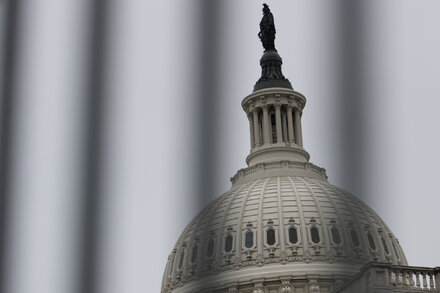Concerns surrounding political interference at the United States Department of Justice (DOJ) have long been a recurring theme in American political discourse, highlighting the delicate balance between executive authority and the imperative of an independent justice system.
The DOJ, led by the Attorney General, serves as the nation’s chief law enforcement body. Its fundamental mission is to ensure impartial justice, uphold the rule of law, and protect the rights of all Americans. This mission requires a degree of independence from partisan pressures to maintain public trust and the integrity of the legal system.
Historical Context and Recurring Scrutiny
The tension between the Attorney General’s role as a presidential appointee and the DOJ’s mandate for independence is inherent to the system. Throughout various administrations, both Republican and Democratic, allegations or perceptions of political interference have surfaced. These concerns often involve claims that investigations are initiated, stalled, or dropped for political reasons, that prosecutorial decisions are influenced by political considerations, or that personnel appointments and dismissals are driven by loyalty rather than merit.
Critics and legal ethics experts frequently emphasize that any perception of the DOJ bending to political will can erode public confidence in the justice system’s fairness and impartiality. This erosion, they argue, can undermine the foundational principles of American democracy.
Allegations and the Call for Independence
Examples of perceived interference often include presidential comments on ongoing investigations, the Attorney General’s handling of politically sensitive cases, or the application of justice to political allies or opponents. These situations invariably trigger debates about the proper firewall between the executive branch’s political aims and the DOJ’s legal responsibilities.
Those advocating for strict independence argue that the DOJ must operate free from any actual or perceived pressure from the White House or political factions. They contend that this autonomy is crucial to ensure that justice is applied equally, regardless of an individual’s political affiliation or position of power.
“The Department of Justice’s mandate is clear: to uphold the rule of law without fear or favor,” a spokesperson for the department might reiterate in response to such concerns. “Decisions are made based on facts and law, not political expediency.”
Maintaining Public Trust
The challenges of maintaining this independence are constant, requiring vigilance from government officials, the media, and the public. Any deviation from the principle of impartial justice risks weakening the institutions designed to protect the rule of law.
The debate over political interference at the Justice Department underscores a perpetual tension in democratic governance: how to ensure accountability and responsiveness within the executive branch while simultaneously safeguarding the impartiality essential for justice to be truly blind.
Source: Read the original article here.





